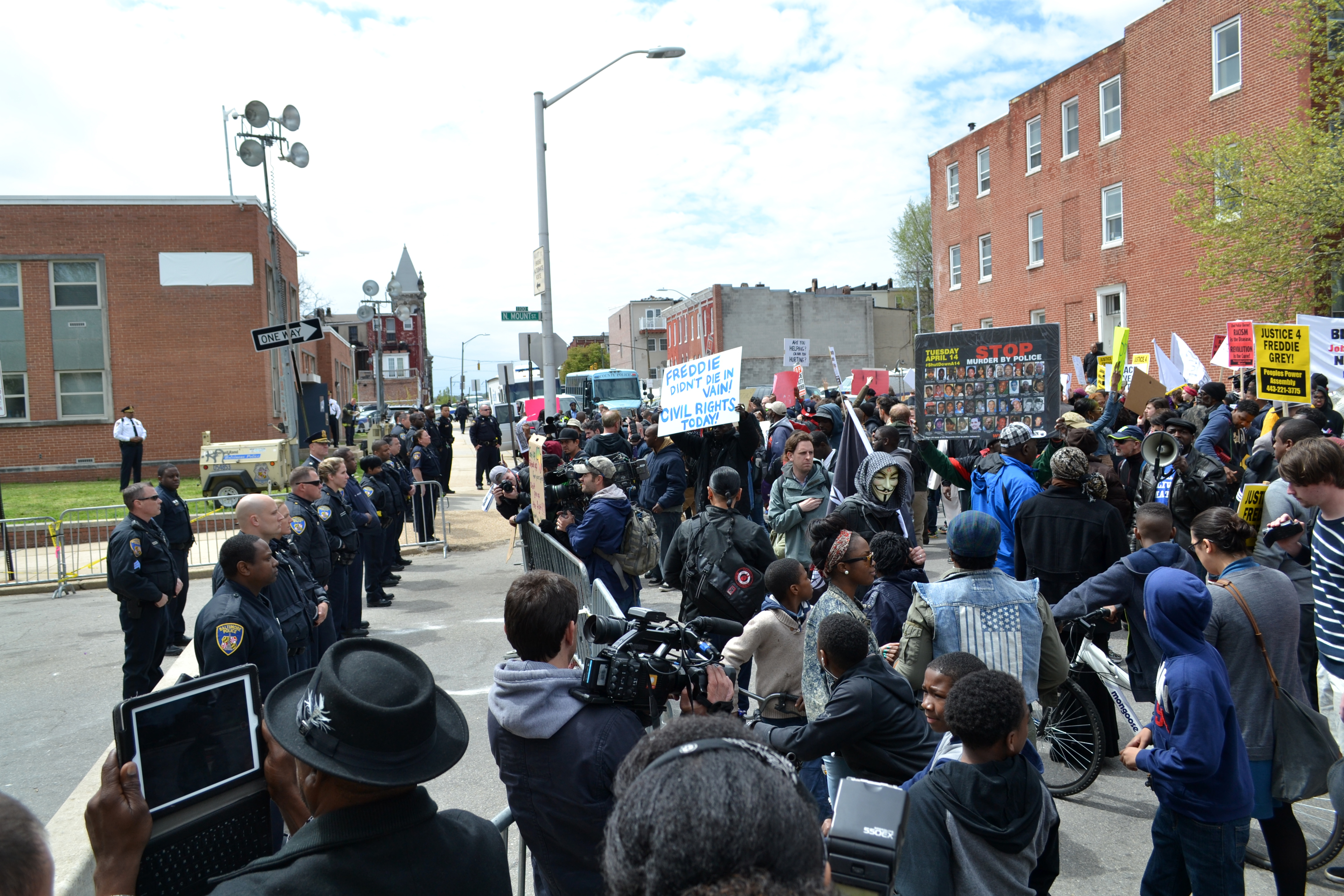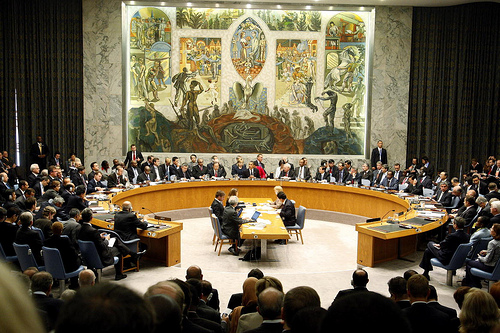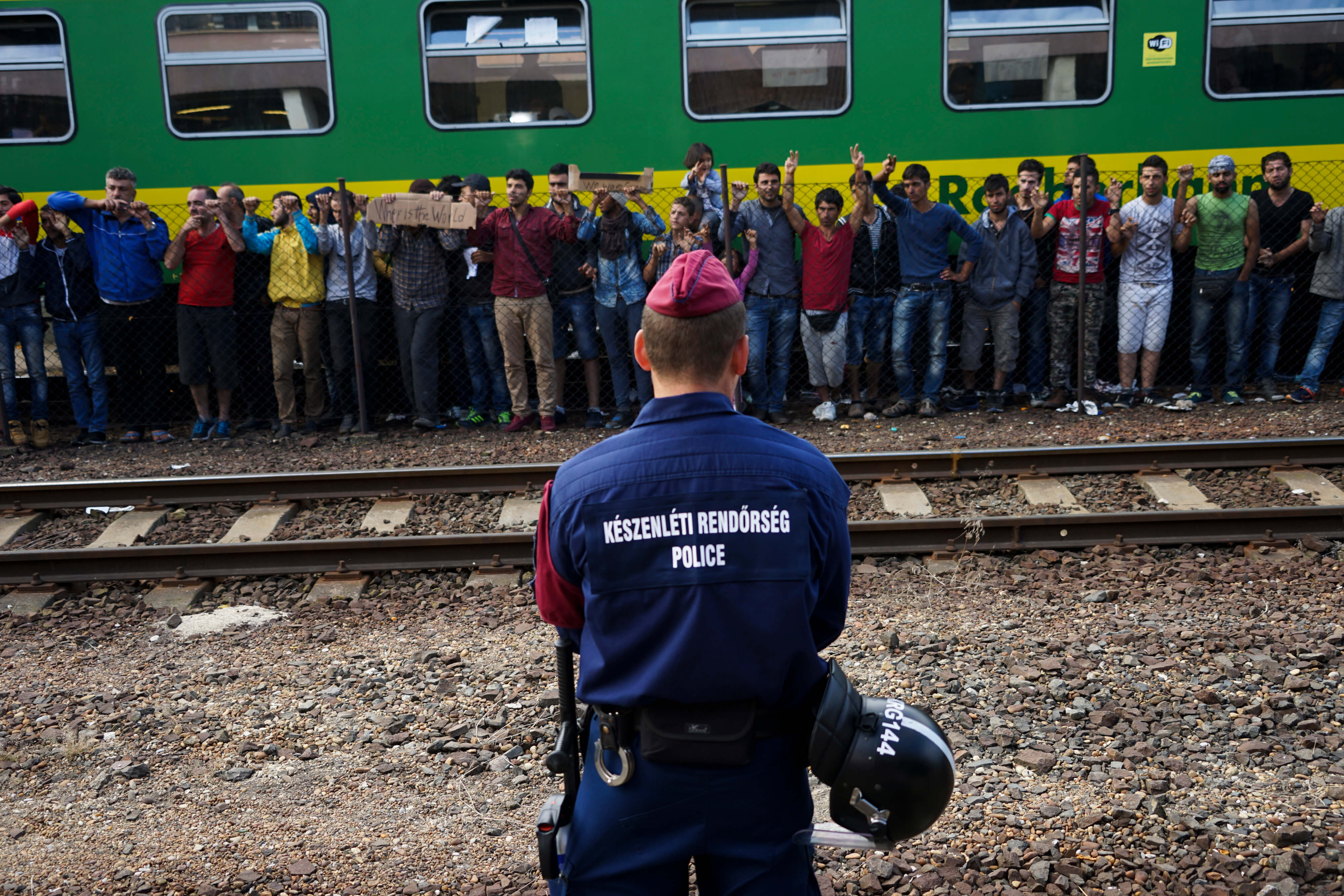Since the death of Freddie Gray on April 19, 2015, the population of the US, and more specifically the city of Baltimore, has begun to reconsider the troubled state of their police department and their treatment of citizens. This has been most evident through both the violent and peaceful protests occurring throughout Baltimore.
Gray’s death is believed to be the result of a “rough ride” while in police custody. A rough ride is a police practice in which suspects are placed in a police van, handcuffed and without a seatbelt, and the van is driven erratically so that they are thrown around. While this is not a deliberate policy, it is a common practice. Rough rides have become an element of police culture in the US; in Philadelphia, the practice is called a “nickel ride” instead.
Racial profiling and racial bias are recognized police practices used in many countries. The death of Michael Brown in Ferguson, Missouri in 2014 brought attention to this civil rights violation and racist practice in the criminal justice system in the US. Racial bias still affects officers’ decisions. A study from 2002 by the University of Colorado at Boulder and the University of Chicago found that students were more likely to shoot an unarmed black citizen over an unarmed white citizen. While these studies do not directly reflect real world situations, they are important in understanding police culture in the US.
While race does play a role in police practices in the US, Baltimore is a unique case in that a 64% of the population is black and a large majority has taken on roles in city council and police departments. Three out of the six police officers charged with Gray’s death were in fact black. However, according to Stephanie Rawlings-Blake, the mayor of Baltimore, who is herself black, there is still a need to improve police interaction with the citizens of Baltimore.
It has become increasingly difficult to reform police departments like Baltimore’s as it is a large organization that relies on its officers’ ability to use force on citizens. In this way, there is very little capability for oversights and checks. This has led to the overstepping of power and force. While the politics of the criminal justice system have provided for even less limitations on these powers.
There is a need for “systematic solutions,” which means more scrutiny and intervention by the federal government in police departments in order to prevent these types of racial abuses and misconducts. It is no longer enough to simply punish, but instead to prevent these types of abuses and misconducts.




